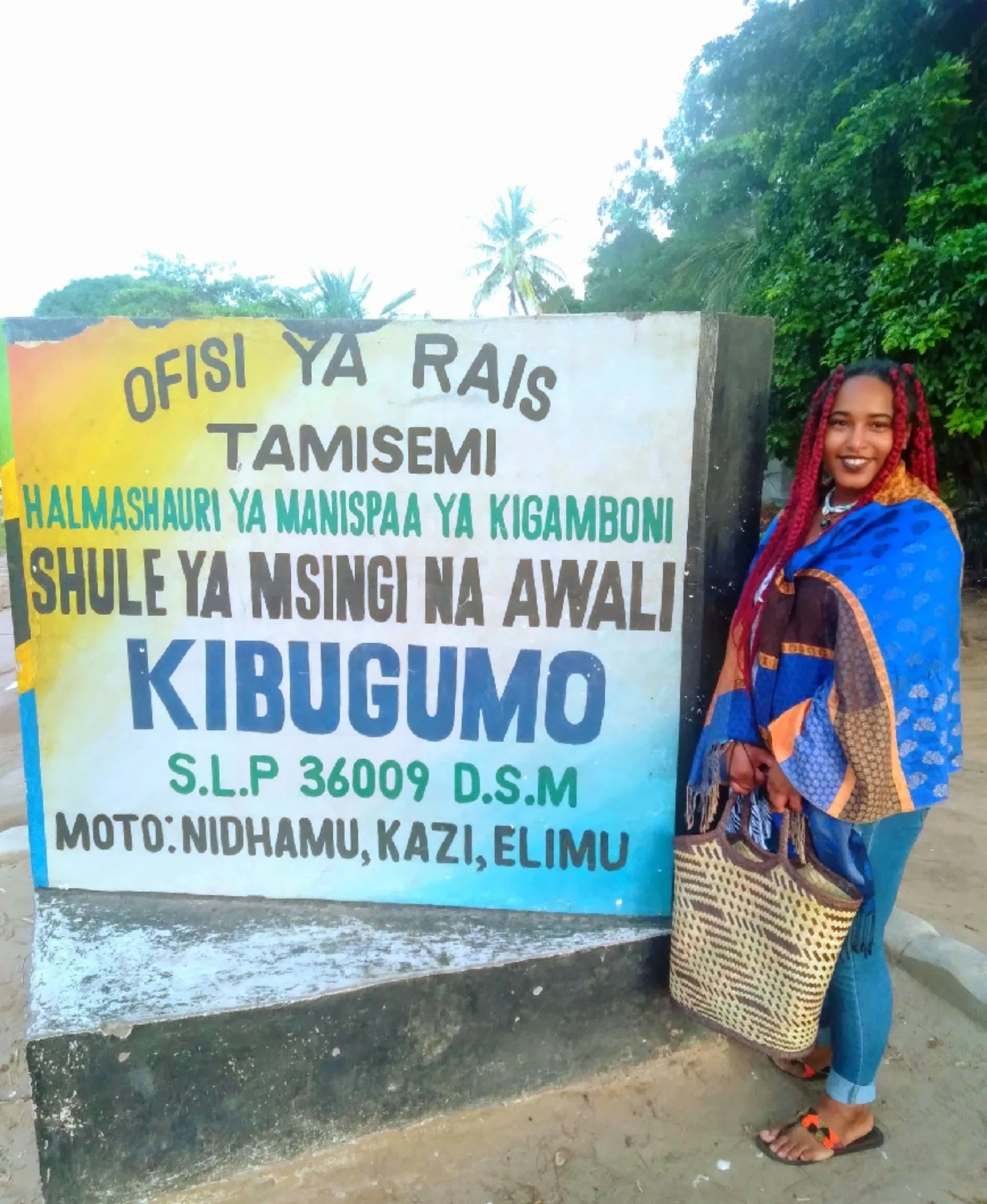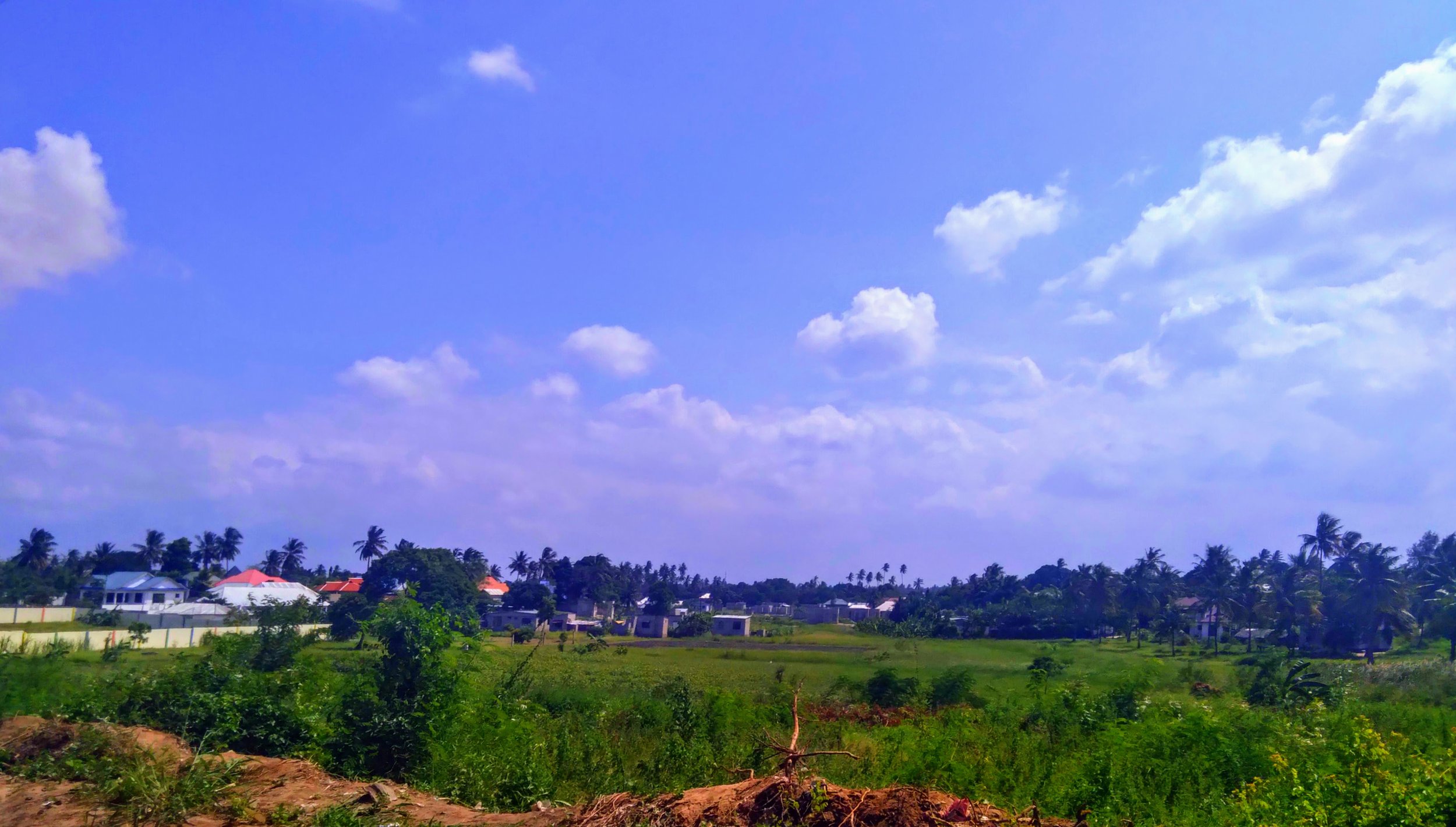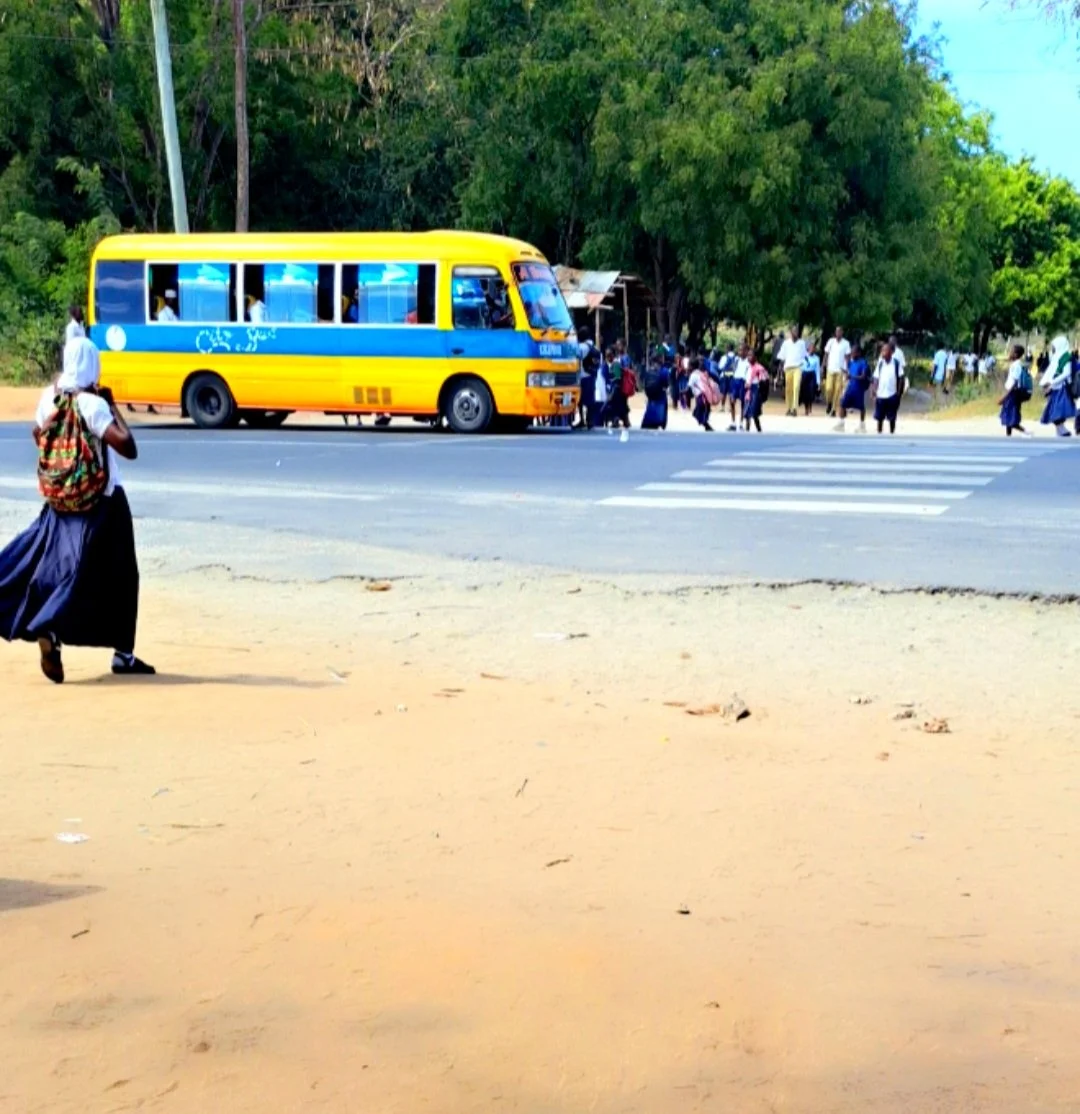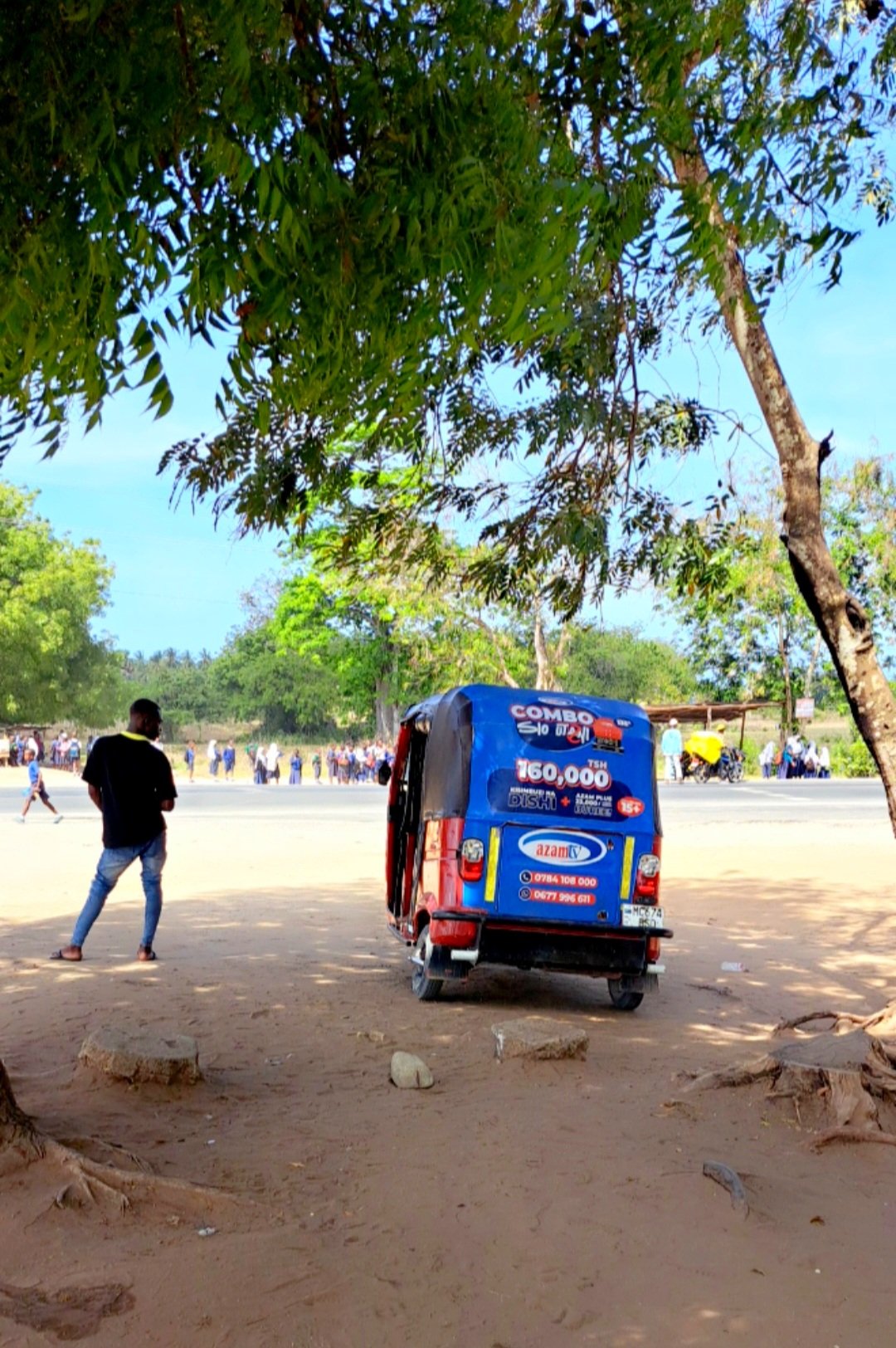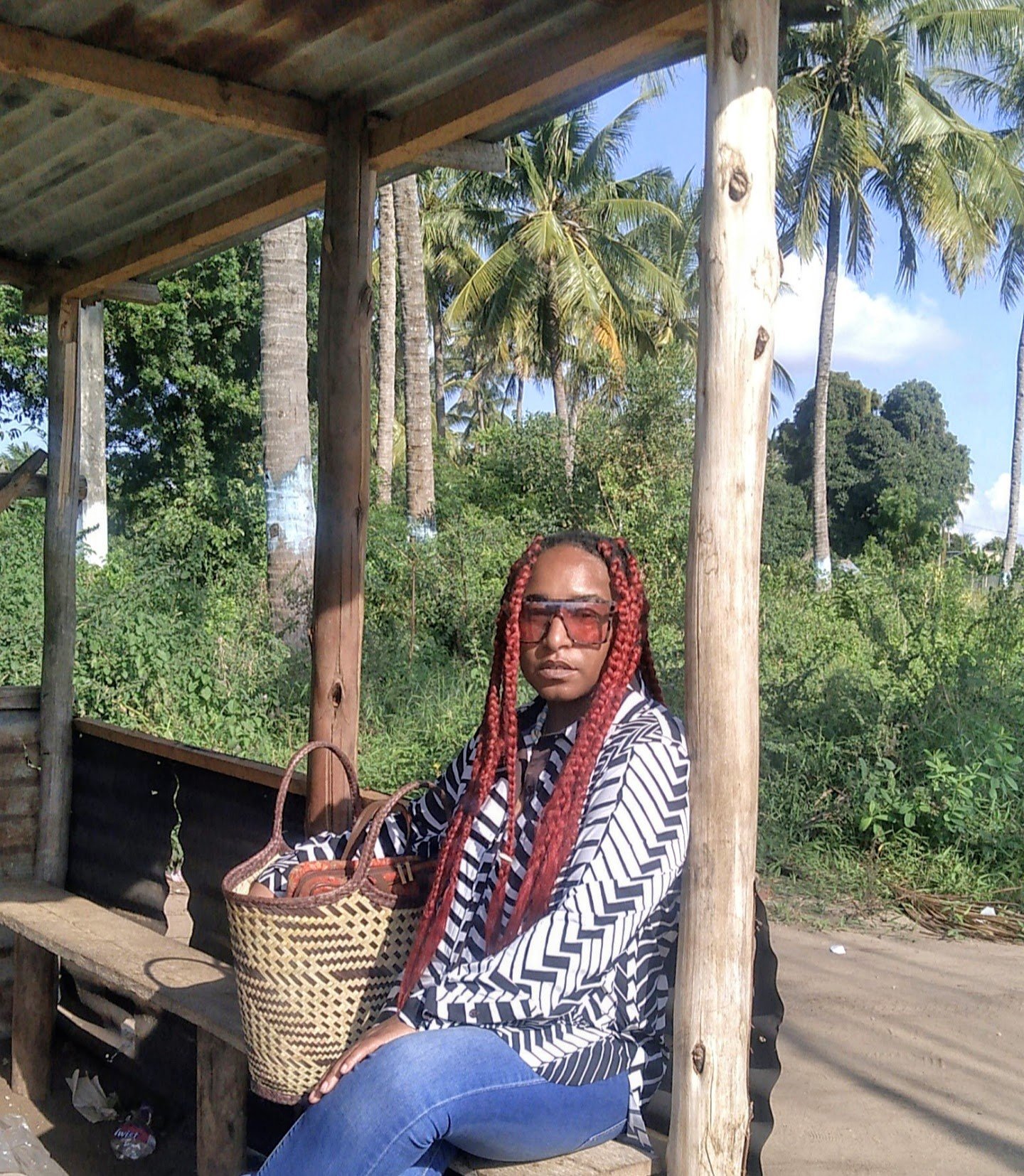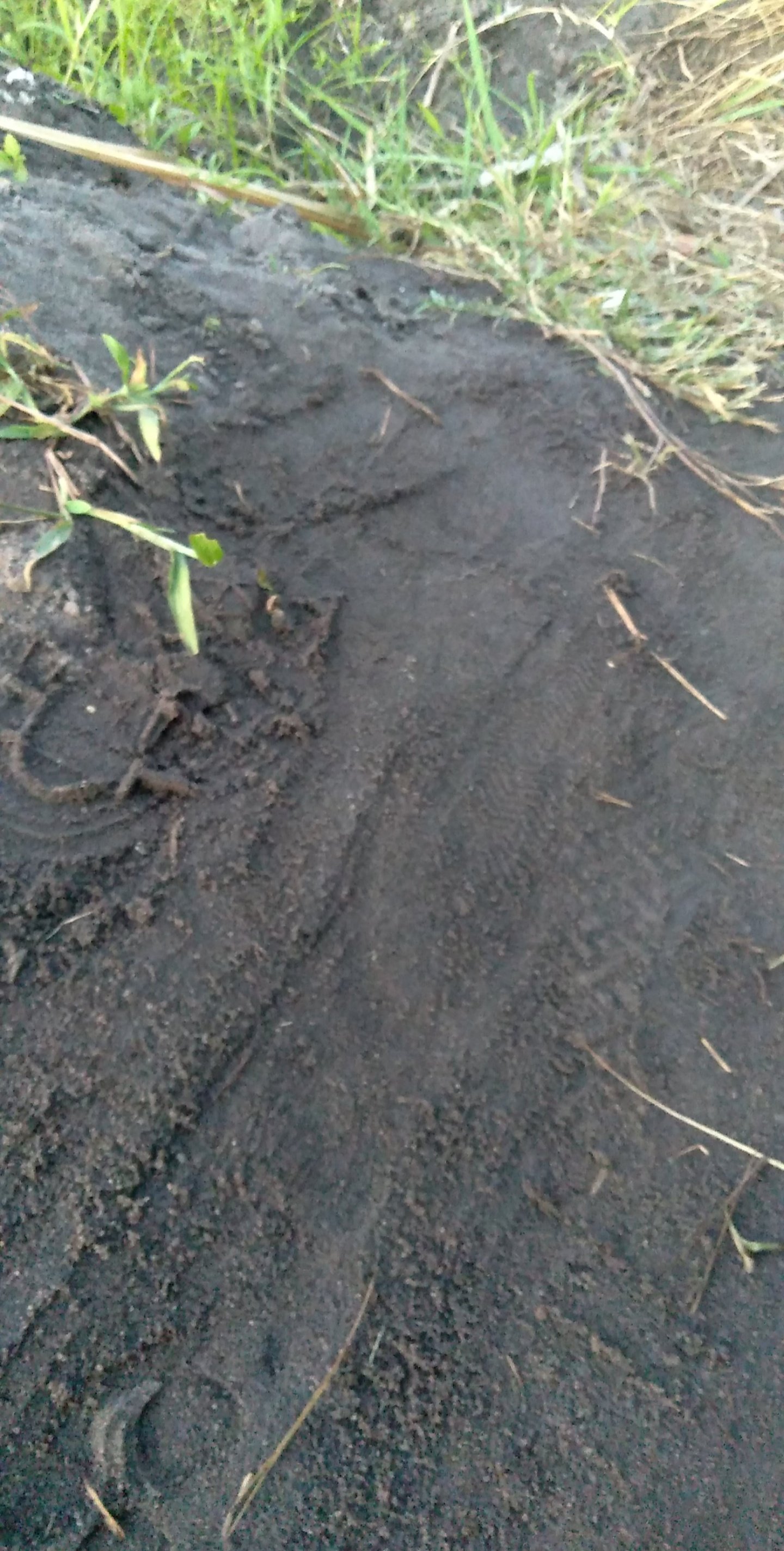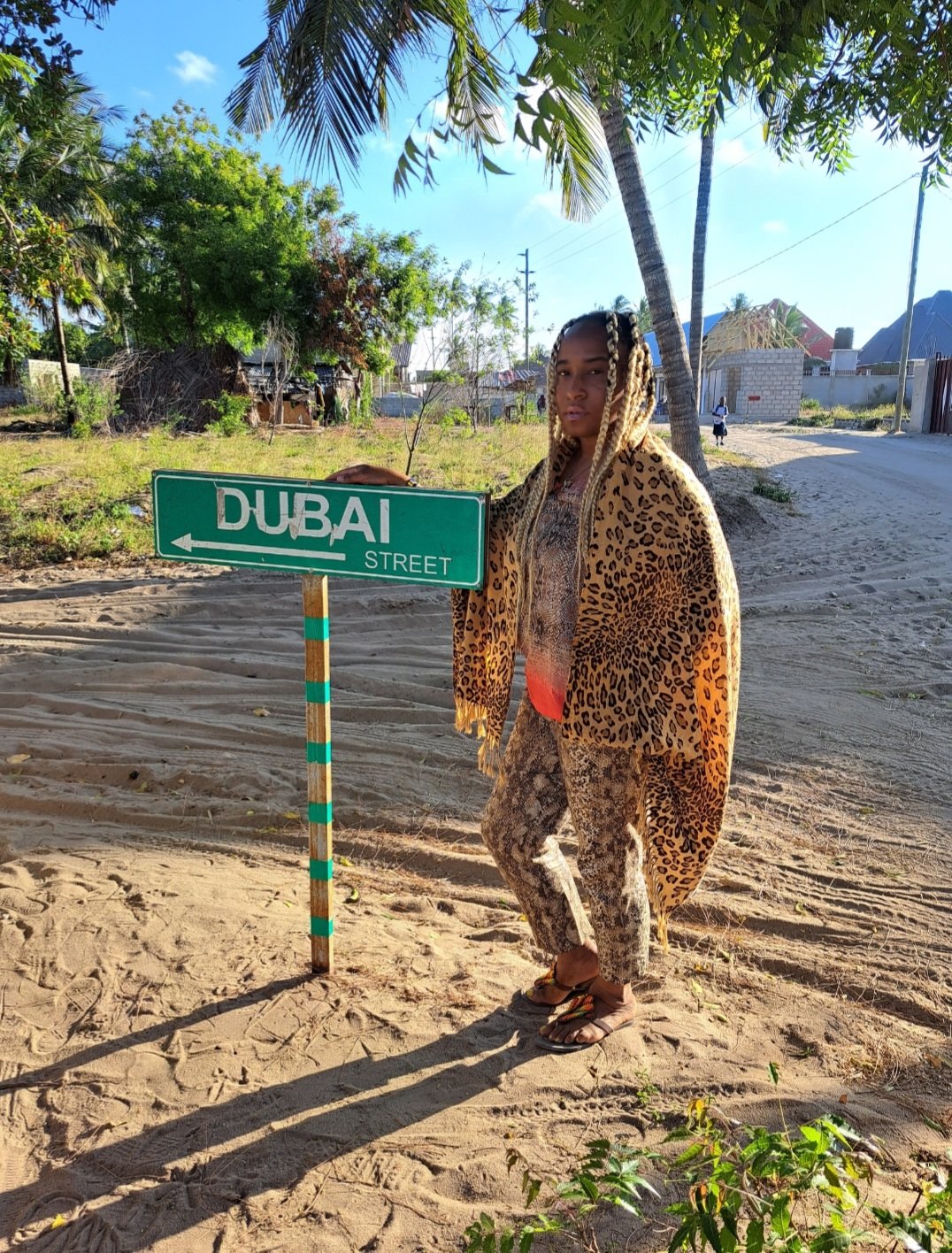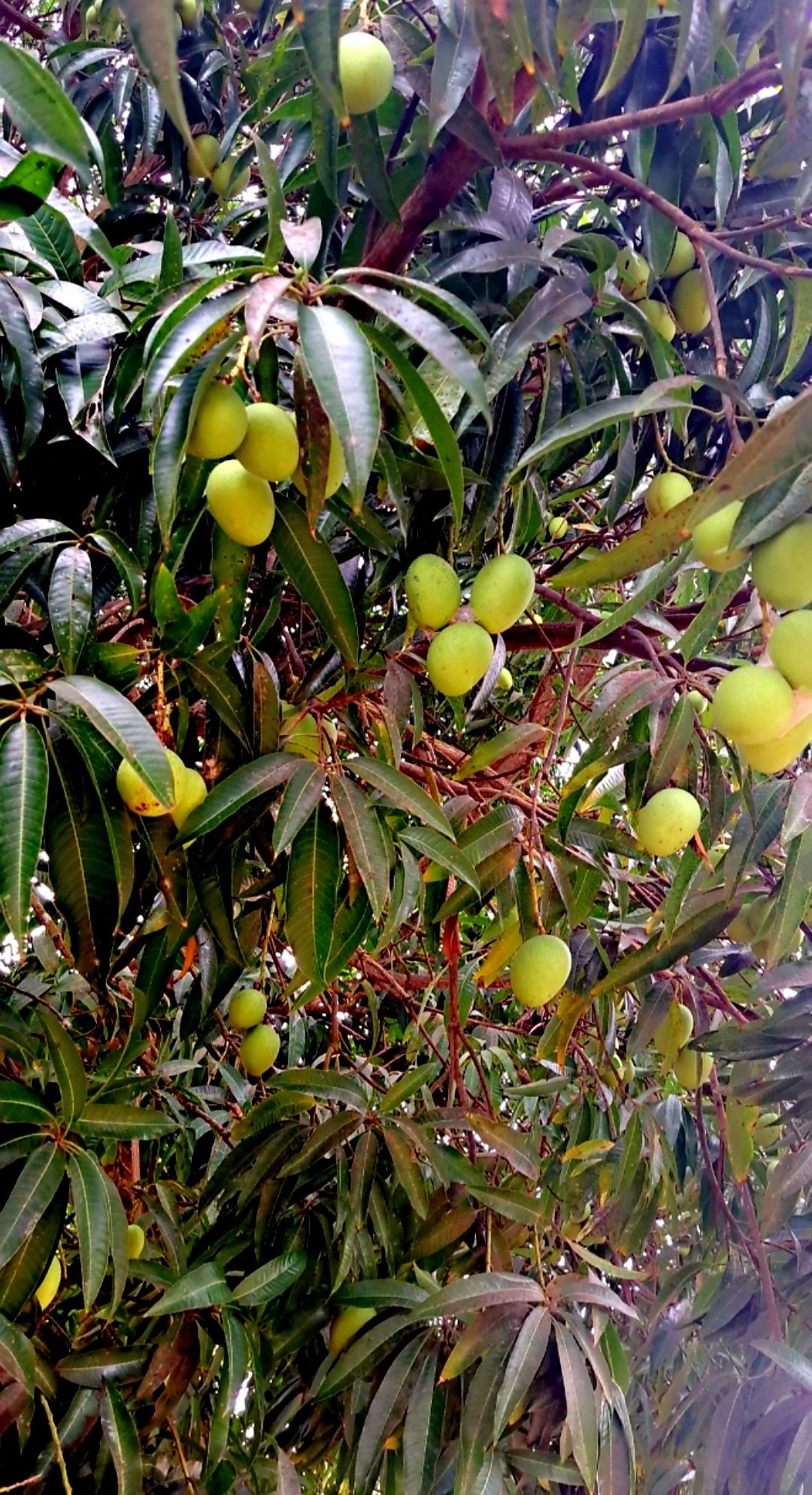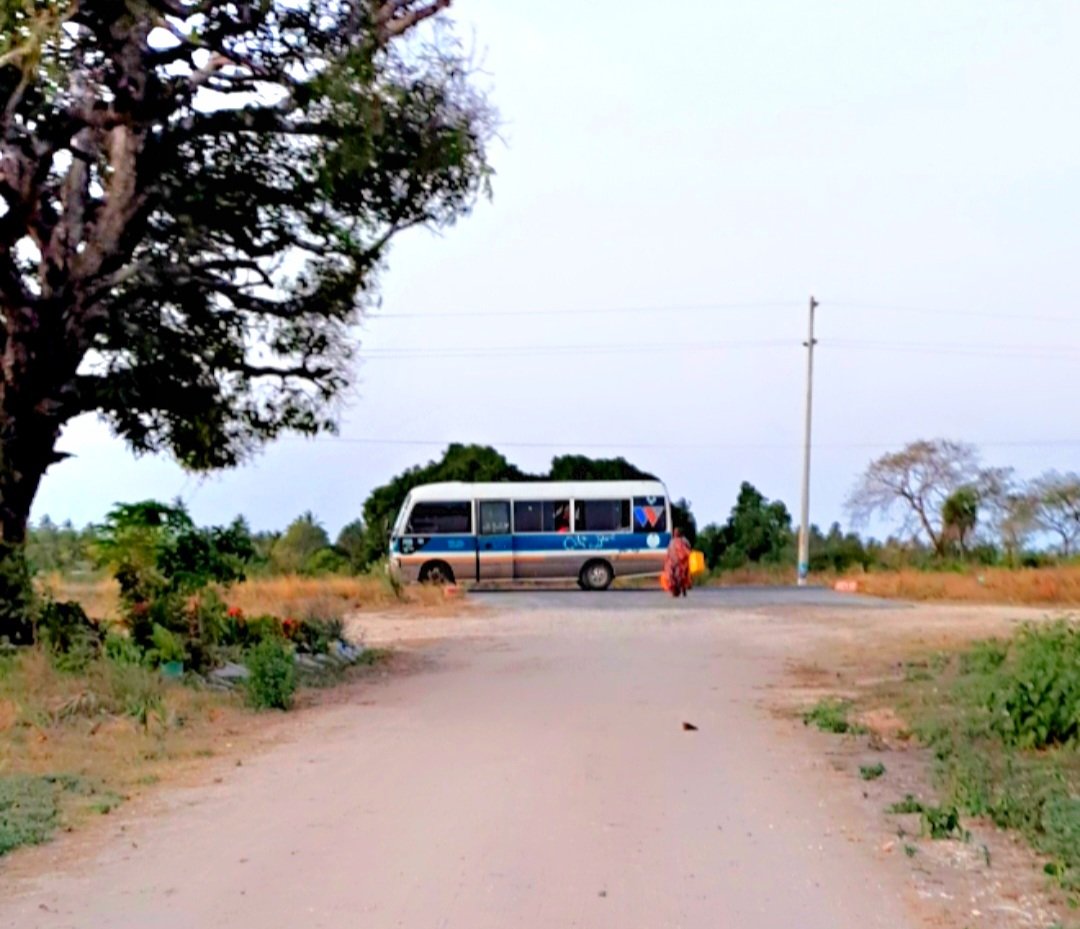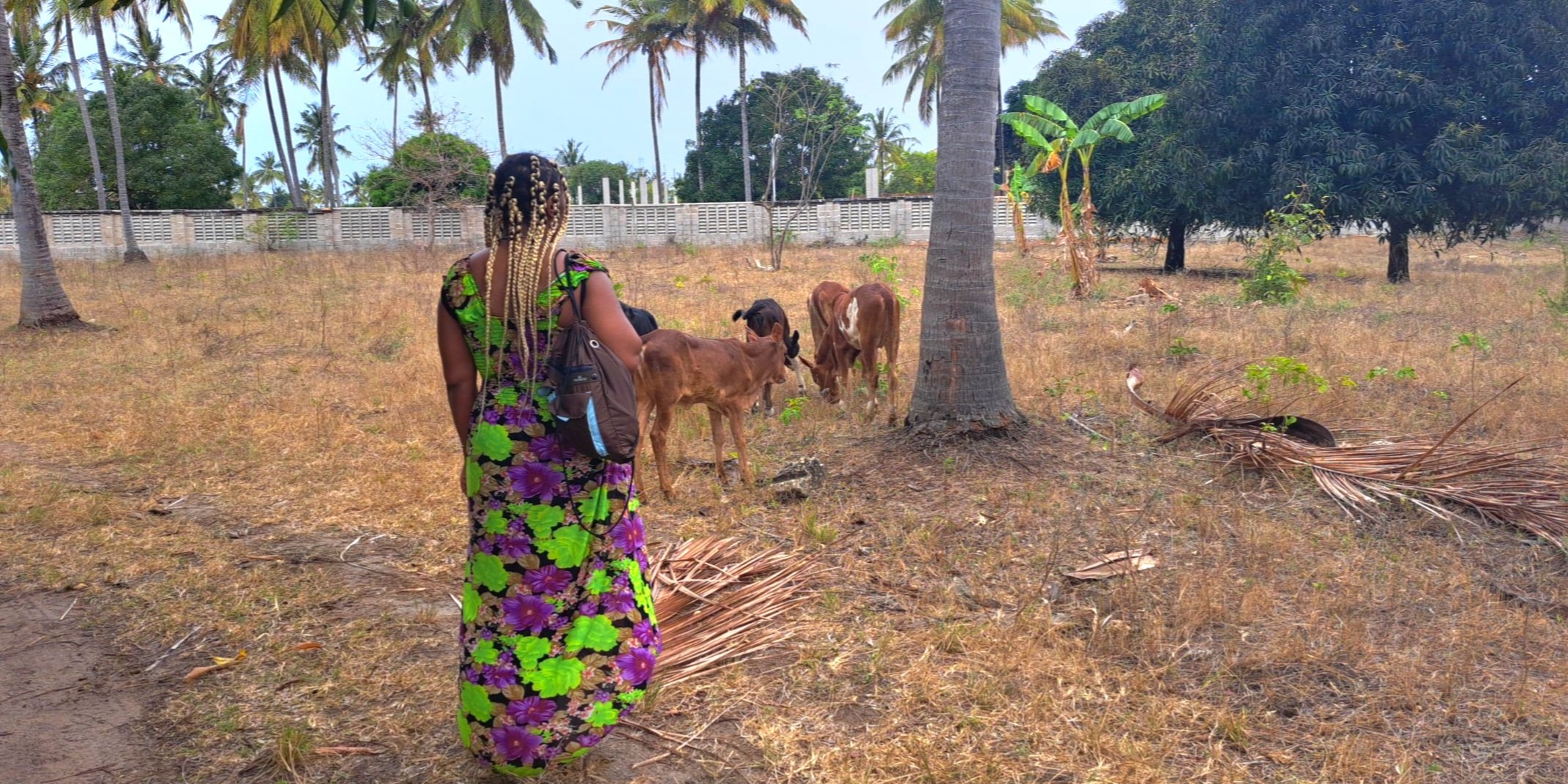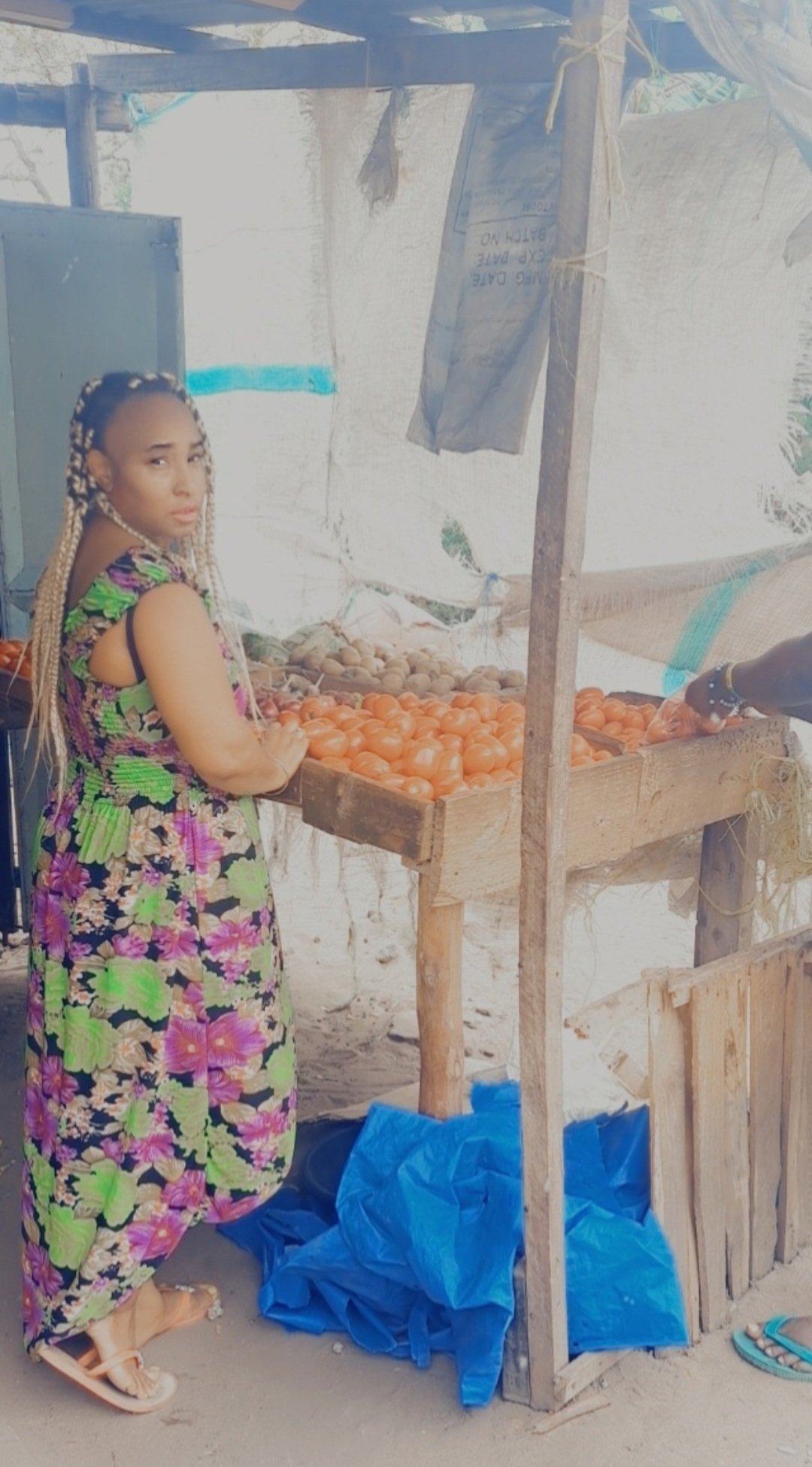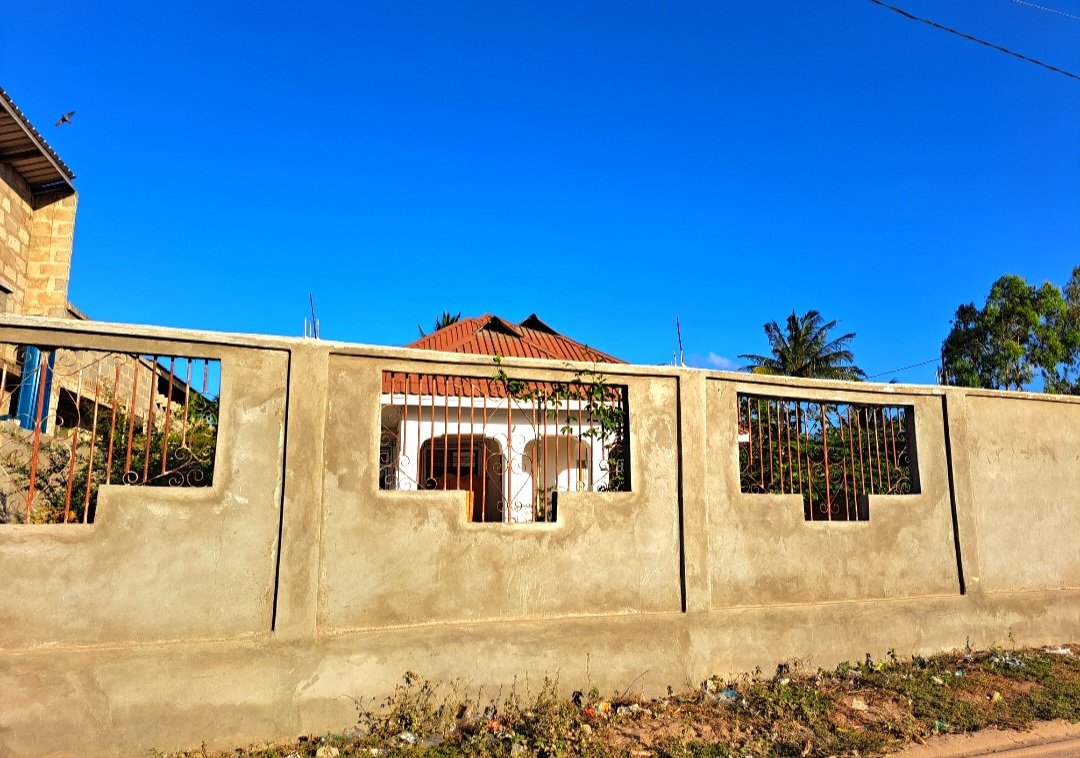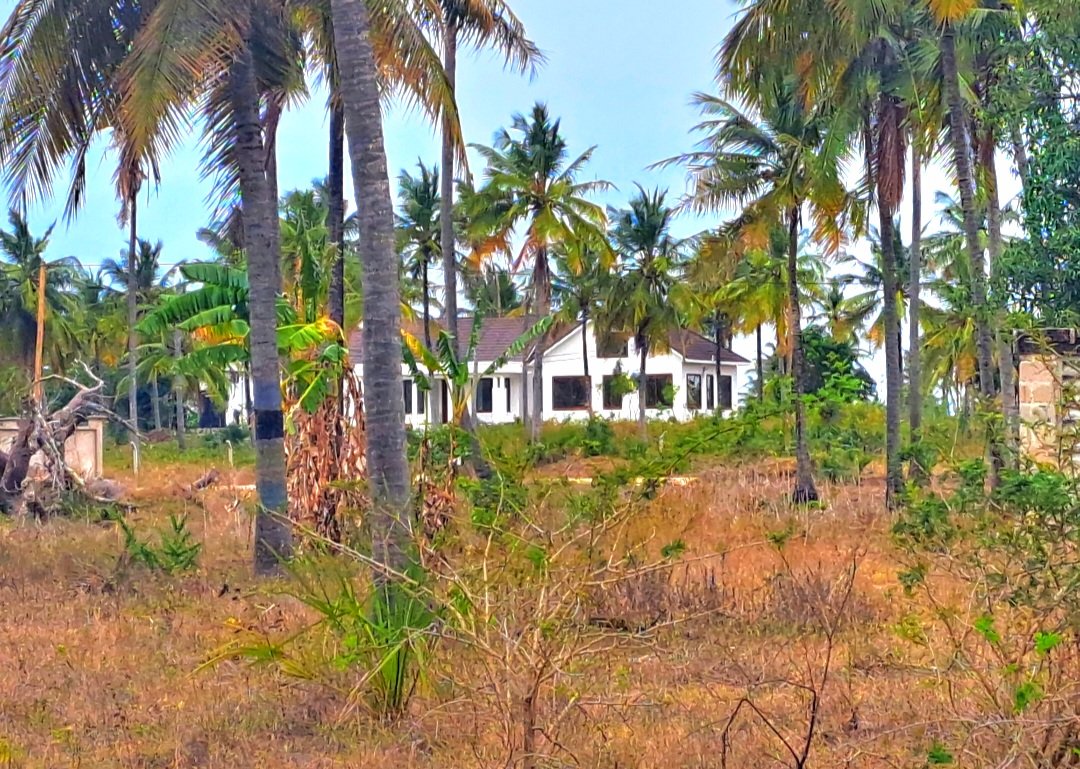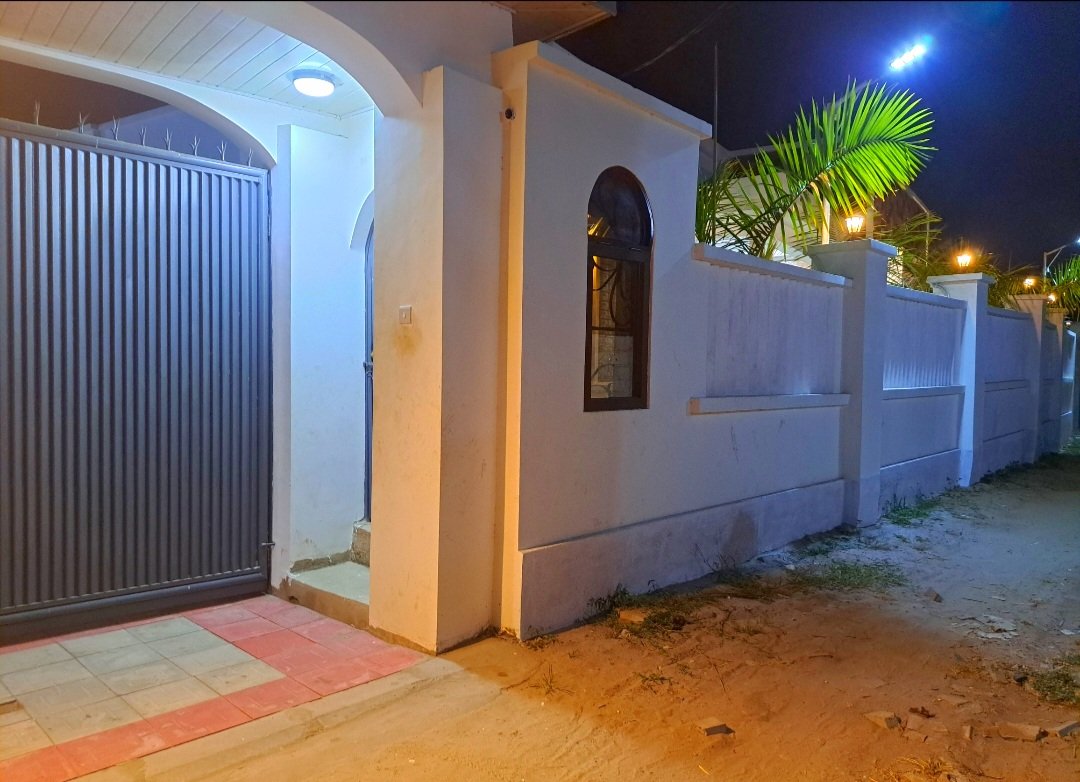My Definition of Poverty Wealth and Social Class Has Changed After Spending 30 Days in Africa-And So Should Yours!
I didn’t just come to Tanzania for exotic animals, safaris, waterfalls, to climb mount kilimanjaro, or to take pictures with little African babies. I came first to meet and connect with the people, to learn about the culture, to learn the language, and to experience the everyday lifestyle of Tanzanians, whether it be in the city or village.
An Interesting Article From Brunswick, Canada About Poverty
This is Tanzania, East Africa!
Not America, not Europe,..Africa! The way we communicate, build, design, raise families, marry, conduct business, eat, and thrive is different, and is not wrong, or improper just because we don’t go about our lives like America or Europe.
We eat with our hands, many times walk barefoot, we like grit, and dirt roads, we know our way around the city and village in the pitch dark, we tolerate the natural smells of dung which helps grow fresh food, and fish, for protein.
We do not care if we wore that shirt or dress yesterday, we are going to wear it again today, and maybe even tomorrow, and our people will not judge, question, whisper, or raise a brow.
We know that the Universe has created us with rich dark brown and black skin, with thick wooly hair with intention so therefore, our everyday lives are not consumed with doubts or insecurities about our facial features, hair and skin color.
A lot of us have straight teeth because we eat healthy.
We are not in the business of humiliating one another, but we love respect. We teach our children to properly greet while passing others. We hold our babies swaddled in African cloth close to us, for this is our tradition.
We love our own African language and are not ashamed of our culture and traditions. We are relaxed and confident, and approach life one day at a time, kidogo kidogo , laughing and talking and joking with our family and friends.
We do not rush-pole pole..We are not stressed, if we are, we rarely show it. We build quickly, and quickly we build, with natural materials.
Our young children whether boy or girl walk arm and arm, and hand in hand with their dearest friends. We spend a lot of our time outside in the fresh air.
We sometimes sleep outside on a cloth, traditionally we cook outside, we wash our clothes by hand outside, we burn trash outside, or bury trash which nourishes future plants and trees-this way of life is not outdated, it is our culture and natural way of living.
We love to sell in the streets, and are not easily discouraged when one turns their head away from us, or if it seems like one does not want to buy, we just keep moving with our sales until someone says yes.
We do not get upset or engage in fights or arguments just because someone looks at us without a smile. We do not continue to engage in arguments when we are approached with conflict or correction from our fellow dada (sister) or kaka (brother).. (brother/sister/stranger/friend) we quickly find a solution and go our separate ways.
Our way of life has always been Eco-friendly and sustainable. We have natural solutions. Our continent and country has all the resources needed to live a full and rich life. We cherish, honor, and respect our Elders. We believe in building strong families and communities. What other nations consider poor, we consider rich.
Tiffany Tene’
So What is the Problem?
Why does it “Look like” African children are always starving, sick, disease-stricken, poor, and helpless?? Why does it always “Look like” Africa is constantly in need of help, money, or saving from their ancestral religions??
Looks can be deceiving
My Definition of Poverty Wealth and Social Class Has Changed After Spending 30 Days in Africa-And So Should Yours!
After going from the city to the village, and village to city, traditional to suburban, upscale, to beachfront living in Tanzania, my definition and views on social class has tremendously changed.
Read-Staying at Kijiji Beach Resort in Dar es Salaam, Tanzania
One of the best things that I love and discovered about Tanzania is that whether or not people make or have more or less than you, your status in life is not looked down upon.
In Tanzania, It doesn’t matter!
Whether you live in a traditional hut, directly on the beach in your man made house (which has to be cleared by the government) in a mud house, in a house made with bricks, in a house with tin roof, in a house with modern red roof, in a house made with thick tree branches and lumber, house made of steel, or a brush home. (I seen all types of uniquely Eco-friendly and sustainable, naturally man made African homes, build with natural material, by very gifted and skilled Africans)
-Adults and children were greeted and treated with the same respect as a Tanzanian who lived in a mansion. No one is being humiliated or shamed because they don’t have what their neighbor has.
Out of all of the areas that I visited in Tanzania, I enjoyed being in the villages the best. In the villages, you will see all of the houses that I mentioned above, in the same neighborhood. In the village, you will not only see all huts, and then all mansions-Hapana, (no) all classes of people live together and learn from each other. I loooove thisssss!
I have now come to respect and honor all African homes, even the ones that you may think, “oh, poor them,” if you are without African cultural understanding, and are looking from the outside in.
In Tanzania, no matter your means of transportation, no one is passing by you in their brand new Mercedes, (and yes, there are luxury cars in Africa too!) showing off, watching you walk or looking at you standing at the bus stop in pity.
Whether you choose to walk with shoes or no shoes, (which by the way walking without shoes with your bare feet in dirt, mud, grass, and even solid ground has some health benefits) whether you have a stove or cook on a fire, or have an outdoor kitchen, (this I love too) whether you wore that dress or those pants for 2 days in a row (or for 3 or 4 days in a row) whether you wash outside or take your clothes to town to be washed, in Dar es Salaam, Tanzania, it doesn’t matter.
You live how you want to live… Without judgement in regards to your lifestyle-in peace. For the name Dar es Salaam itself means ‘Abode of peace’ in Arabic.
Let Me Take you Through the Villages in Kibugumo
Thank you Kibugumo for always greeting and welcoming me into your villages!
Kibugumo is a vibrant village set in the heart of Kigamboni! Here I am standing in from of the school (shule) sign. I went down this road so many times by foot, bajaji, (covered motorcycle) boda boda (motorcycle) and dolla dolla (bus).
Everyday, I was greeted by very respectful and well-mannered school children who were either on their way or coming from school.
“Shikamoo!”…. Kids greeting for hello. “Marahaba!” Adult responding back to kids greeting-Shikamoo is also used by adults to greet elders.
The school sign above is also like a landmark to me. Here, is where you can catch a ride wherever you need to go if you do not have scheduled transportation.
Behind the school sign is where you can also just hang out, sit down, eat snacks, relax, and have short or long conversations with fellow Tanzanians.
Do you see how dark and rich the soil is?
The Start of My Journey Through Kibugumo
Walking through the rich and fertile lands, situated between tall exotic palm and coconut trees and extra lush greenery, made me feel as if I was walking through the garden of Eden-A land flowing with milk and honey as described in the christian bible.
There were many pathways to cross to get into the different villages, and I went through almost every single one of them!
From crossing through small bodies of water by stepping on river stones ( I tripped almost every time with sandals and a long dress) or via a narrow bridge-to lounging or jumping over mini obstacles, (I whizzed through some of these mini obstacles like a pro) to going through the straight and easier, but longer ways, to passing through vendors with outdoor or indoor shops.
Healing Trees
I was introduced to several healing plants and trees that a typical person would pass by and not even know that they are in the midst of a beautiful healing garden.
What I Saw In Some Of The Tanzanian Village Streets
Walking through long and winding dirt roads, passing by those who were either riding bikes, on boda-boda- walking alone or in groups, Muslim women, youth and young adults, as well as very small children running, laughing, and playing-young cow herders, groups of women chillin’ under a tree on their property either talking, laughing amongst each other, playing with their children, cooking, or braiding one another’s hair. Workmen building homes, merchants selling food, or household goods in their stores.
I enjoyed seeing groups of men young and old talking, joking, horse playing, or playing chess, all while hearing the sounds of Roosters crowing throughout the day.
At night, the youth would gather at a particular place set up outdoors, to watch a soccer match or movie every night.
Also, they had a small outdoor library and game room for children within the village. Every morning, and 3 times a day, I found myself looking forward to hearing the sounds of the Muslim calling from one of the village mosques.
I got quite accustomed to the sounds and day to day routine of Tanzanian African village life, and I loved it!
Read-Saying Goodbye to Dar es Salaam for now, and some other Ramblings
The very first time I visited Tanzania in October 2021, I fell in love with African dirt roads!
I enjoy walking on dirt roads with my sandals on or off.
Small Huts are Part of the African Culture
I observed that when living in a small hut or home, you are able to be and feel closer to your family. Laugh together, cook together, eat together, sleep together, play together. Many do not consider this type of living “poor”.
Boarded windows or living in your house while waiting for it to be completed is also not uncommon, or looked down upon.
You will even see some older men and women sleeping at night or taking a nap during the day outside of their homes on the porch or ground with a blanket, skins, or some sort of wicker/straw mat underneath them.
Everyday in the Village Seemed Like A Fun Experience
There were areas where you wouldn’t even know that behind a large lush bush were 4 separate homes-Or behind extremely tall trees were large modern homes.
And then there were some unexpected areas where as you would turn the corner, you would enter into a different vibe with long shopping (flea market) strips filled with a ton of buyers and merchants.
The best part of staying in the villages, was whether it be early day or late, late night, I constantly felt like I was linked to the community because Tanzanians were always outside talking, laughing, greeting, cooking, eating, playing games, listening to music, walking, dancing, selling, washing clothes, or cleaning.
Watch Africa is Self Sufficient Pinterest Story
Watch Traditional Village Pinterest Story
Book Your Trip to Dar es Salaam With Me at Tiffany Tene' Travels
Have you visited any of the villages in Tanzania? Share your experience below in the comments.



